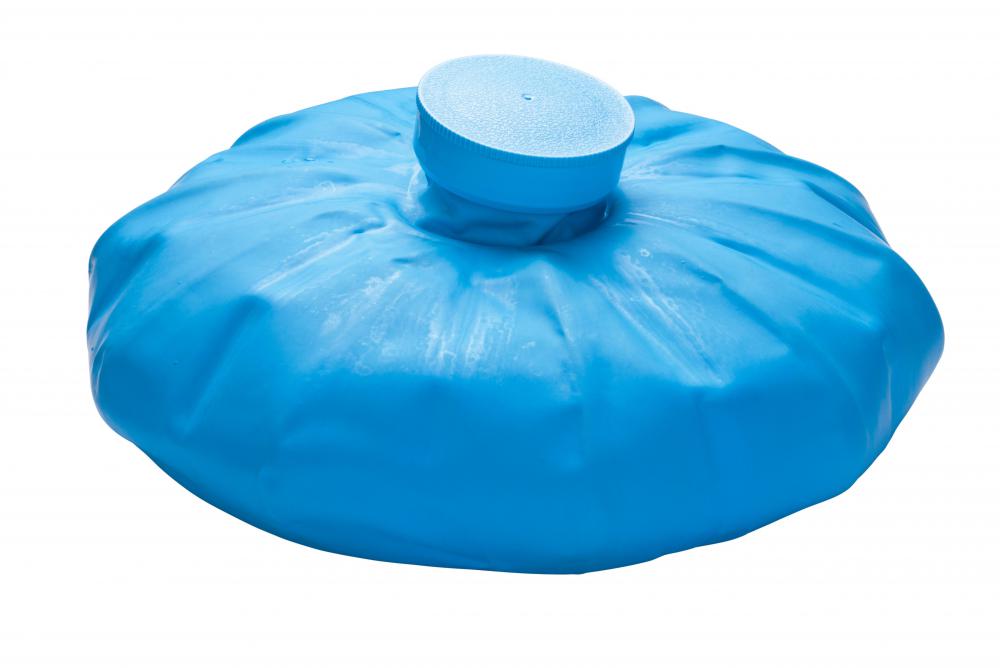At TheHealthBoard, we're committed to delivering accurate, trustworthy information. Our expert-authored content is rigorously fact-checked and sourced from credible authorities. Discover how we uphold the highest standards in providing you with reliable knowledge.
How can I Reduce Root Canal Swelling?
For several days following a root canal, a patient may experience mild to moderate root canal swelling, which can be mitigated in several ways. Treatment options include medications and icing. Known technically as endodontic therapy, a root canal is a type of oral surgery that involves removing nerve and other pulp tissue from a diseased tooth and filling the void with a special inert substance. The tooth is then typically capped or crowned with a metal or ceramic replacement to protect against future infection.
Like the much less invasive procedure to fill a cavity, root canal surgery involves several phases. First, the dentist or endodontist excavates the infected tooth, clearing out the diseased nerve and associated tissue using tiny, needle-shaped drill bits. The vacated interior of the tooth is then filled in, usually with a plastic-like substance known as gutta-percha. Following this, the tooth is capped, usually with a temporary crown while a permanent one is constructed. This process takes several weeks.

The trauma imparted on the mouth, jaw, and gums during endodontic therapy can result in significant swelling for days after the procedure. Untreated, root canal swelling can cause pain and tenderness, especially when eating or drinking. To minimize this potential, patients are generally advised to take non-steroidal anti-inflammatory drugs (NSAIDS) immediately before the procedure and regularly for several days afterward. 1,000 milligrams of ibuprofen every six to eight hours is a common recommendation for most people. Stronger medication, such as opiates, may be prescribed to reduce pain for certain individuals.

In addition to drugs, it is advisable for a patient to ice the affected jaw for a period of at least several hours after the surgery. Icing constricts the blood vessels and prevents the tissue from swelling. Care should be taken to avoid direct contact between the ice pack and the skin, and to abide by a 15 minutes on, 15 minutes off routine to eliminate the chance of causing localized frostbite.

Root canal swelling may occur days afterward, if the treated tooth subsequently becomes infected. The chances of this are rare, but not impossible, particularly if the temporary crown is placed in such a way that it does not completely enclose the interior of the tooth. Though patients are normally given preventative antibiotics after endondontic therapy, it may not always be enough. If a tooth calms down, only for the patient to subsequently experience renewed swelling, the treating dentist or endodontist should immediately be contacted.
AS FEATURED ON:
AS FEATURED ON:















Discussion Comments
@dautsun - As the article said, if you're in root canal pain, sometimes they'll prescribe you something stronger. I had a root canal done on an infected tooth and my doctor prescribed me a strong pain reliever for afterwards, just in case. I actually ended up not needing it though.
I've had a few root canal procedures done, and they've resulted in varying degrees of swelling and pain afterwards. The first time, I was in a lot of pain afterwards, with a little bit of swelling.
My doctor had already prescribed me antibiotics, so I just took what was prescribed to me. I also took ibuprofen, which helped a little bit, but I think I could have really benefited from some stronger pain medication.
Post your comments